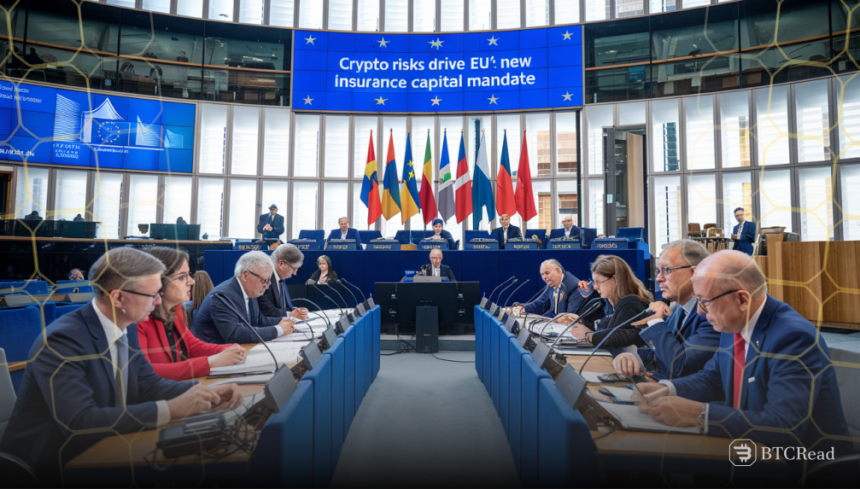The European Parliament prepares to vote on a major proposal about technology sovereignty. The Industry, Research, and Energy Committee, led by Sarah Knafo, submitted the plan. Lawmakers want Europe to invest more in its digital future and reduce its reliance on outside countries.
Europe now imports over 80 percent of its digital products and services. This includes everything from software to infrastructure to intellectual property. Policymakers view this as a danger. The report argues that the EU needs to regain control over its digital supply chain, calling for significant reforms in investment, regulation, and research.
The proposal includes a European Digital Public Infrastructure governing several strategic sectors, including semiconductors, cloud services, artificial intelligence, and very high-speed connectivity. Legislators intend the infrastructure to lay down a robust foundation for Europe’s digital ecosystem.
Stronger tools for EU tech growth
They want to invest more strongly in computing, quantum technology, and digital libraries. The report is also about cybersecurity. It stresses the need for EU oversight of data centers, satellites, cellular networks, and fiber-optic cables.
Lawmakers urge the Commission to propose new legislation that will safeguard Europe against high-risk foreign suppliers. The committee is in favor of other proposed legislation like the Digital Networks Act and the Cloud and AI Development Act, which are intended to provide better instruments for digital growth. Legislators also demand improved access to funding for startups.
They also emphasize public-private investments and smarter public procurement. The report demands a comprehensive digital industrial policy, including support for research, market entry, and international cooperation. Legislators seek to establish a framework for monitoring the risks associated with the digital supply chain.
Toward a secure and open digital Europe
They also want to reduce the barriers that slow private investment in innovation. Energy costs, heavy regulation, and weak investment tools have crippled Europe’s technology sector. Lawmakers believe the EU can change that. According to them, Europe has to keep its strategic data on its territory.
They also demand cheaper electricity and support for open-source, interoperable solutions. The committee reported the document with substantial support. The following step is a full vote in Parliament. If it is approved, it will set the course for the next EU digital policy.
Due to increased global tensions, lawmakers now see an opportunity for Europe to take the lead in safe and sound digital technologies. They want the EU to have a strong and truly independent digital infrastructure.







